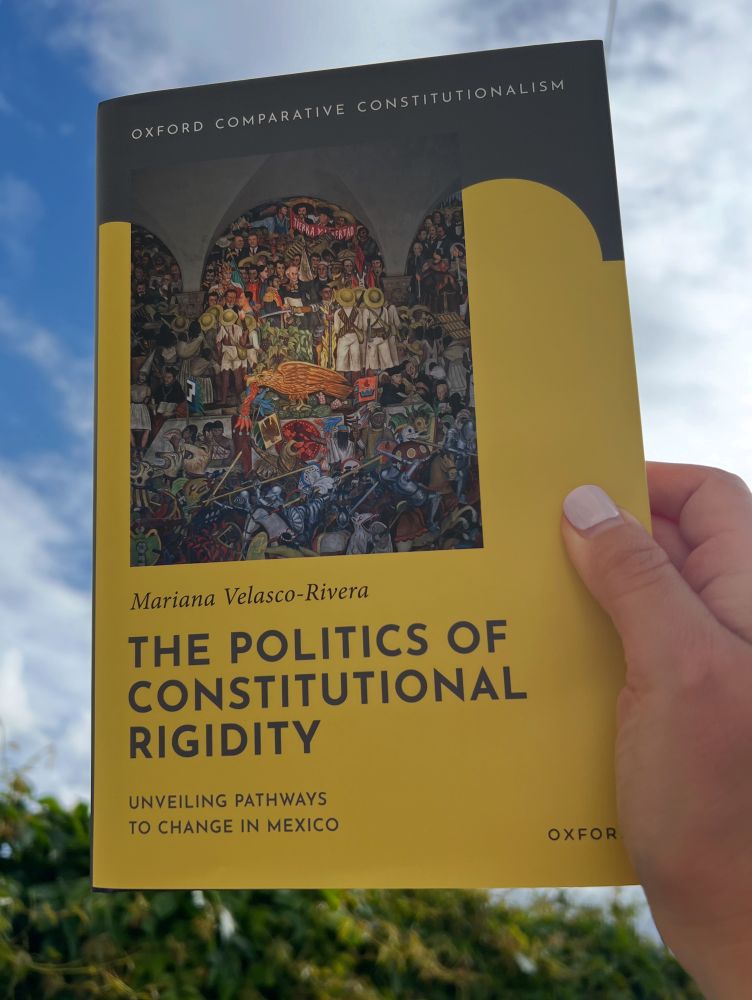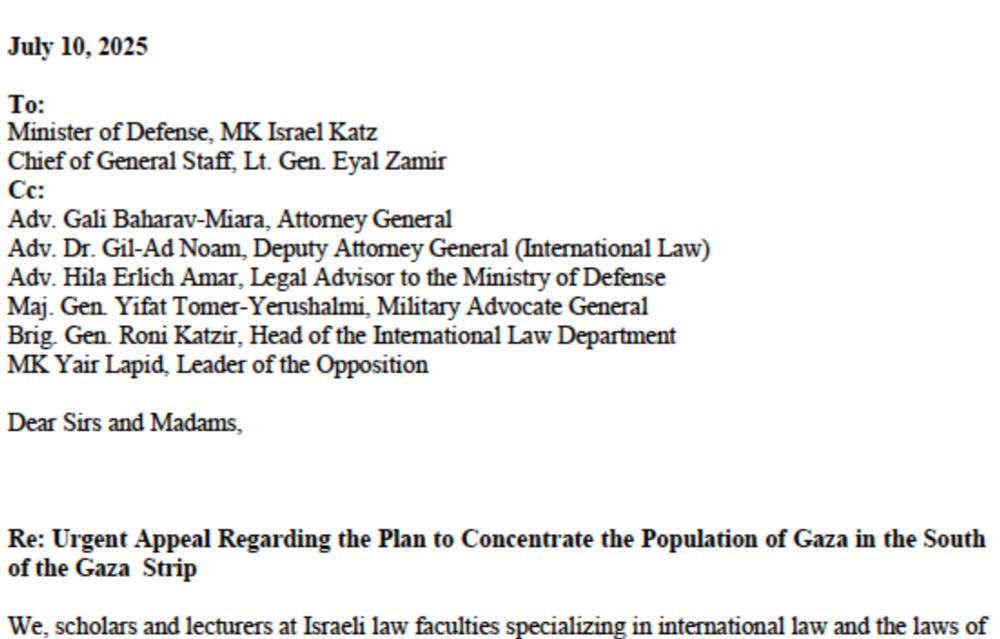Mariana Velasco-Rivera
@marianavr.bsky.social
87 followers
110 following
16 posts
Assistant Prof @MaynoothLaw | @YaleLawSch @ITAM_mx alumna | Co-Editor @iacl_aidc | prev @nyulaw @uniGoettingen | she/her
Posts
Media
Videos
Starter Packs
Pinned
Reposted by Mariana Velasco-Rivera
Reposted by Mariana Velasco-Rivera
Raffael Fasel
@raffaelfasel.bsky.social
· Jul 16
Reposted by Mariana Velasco-Rivera



